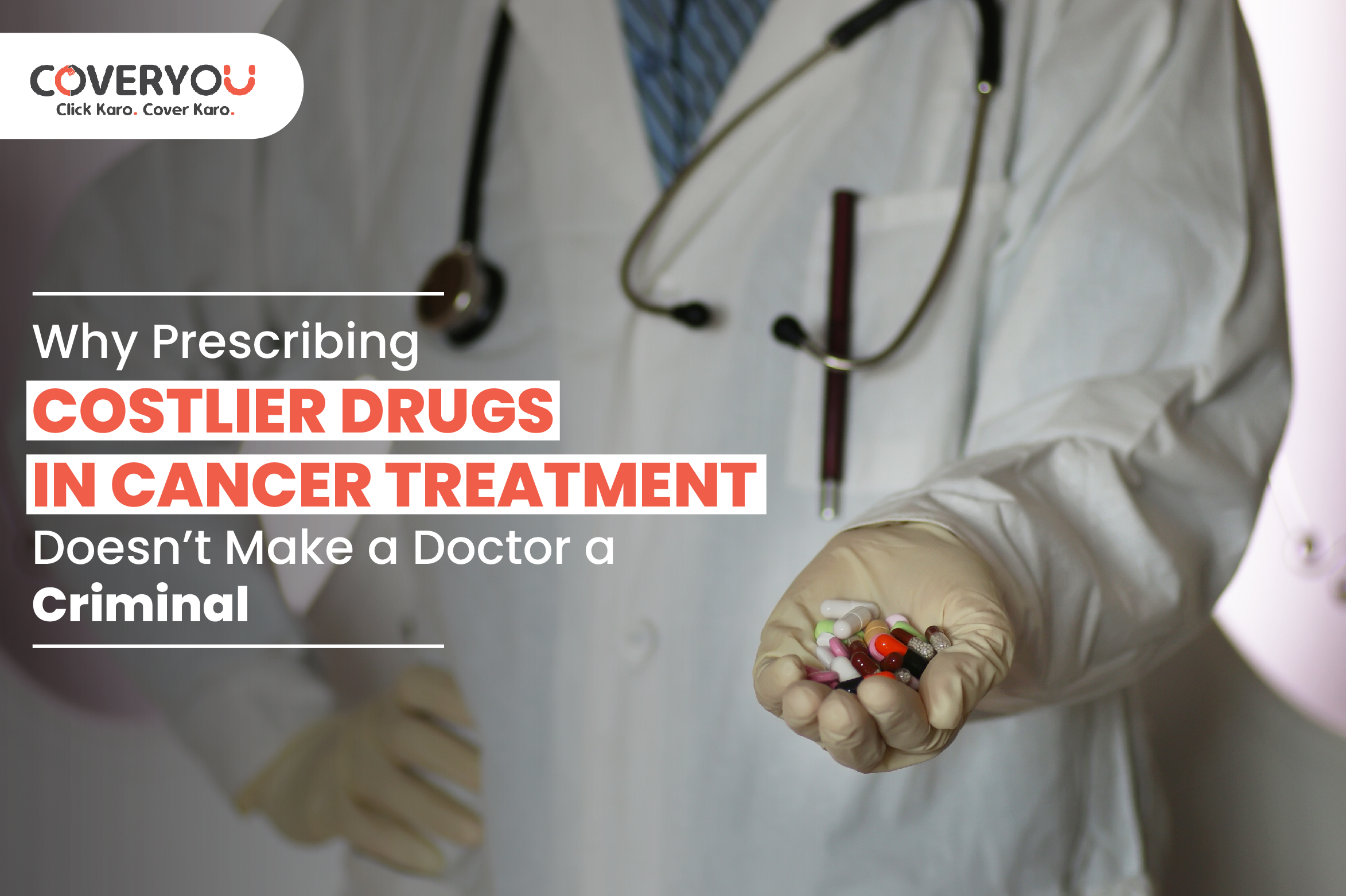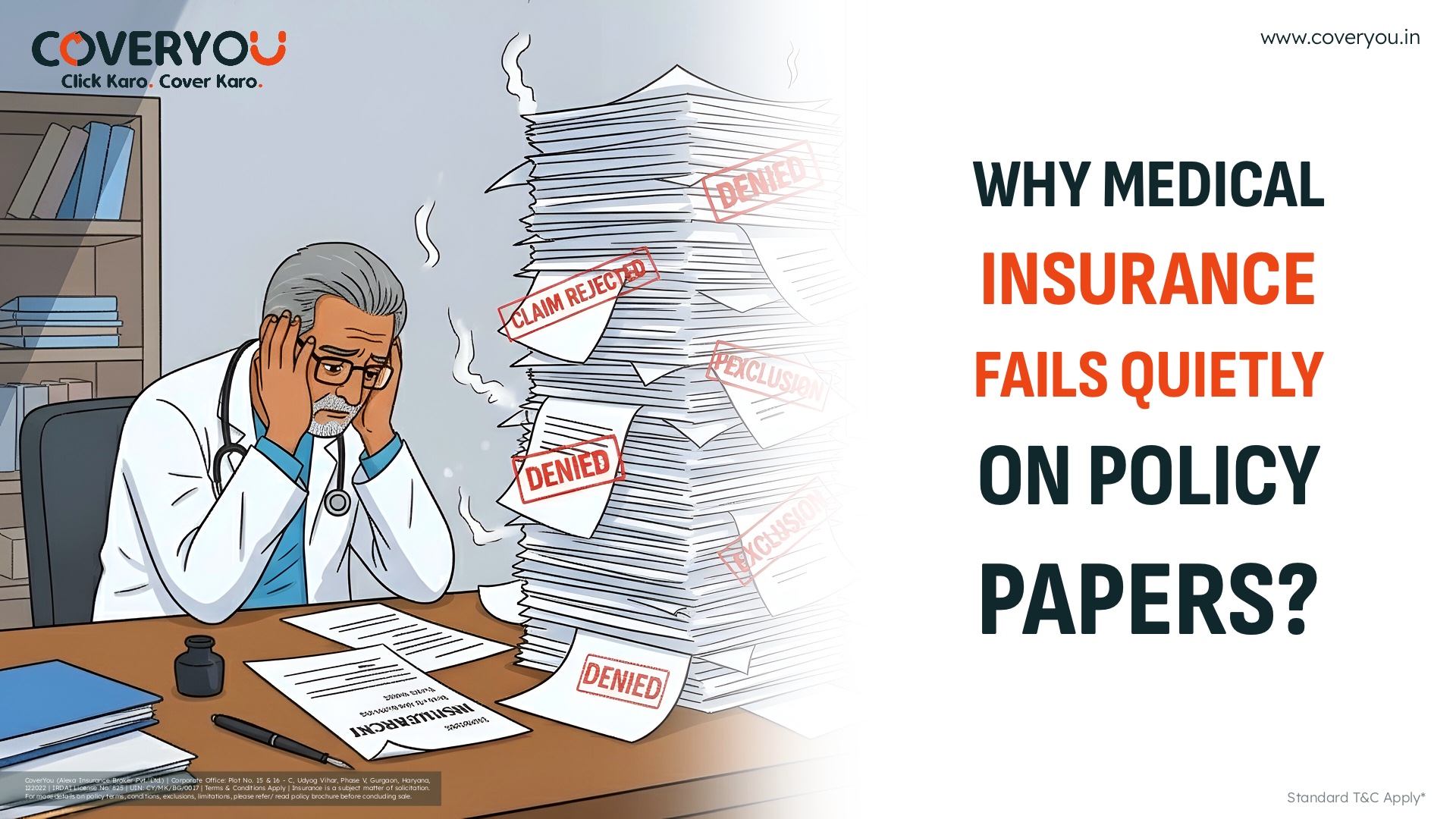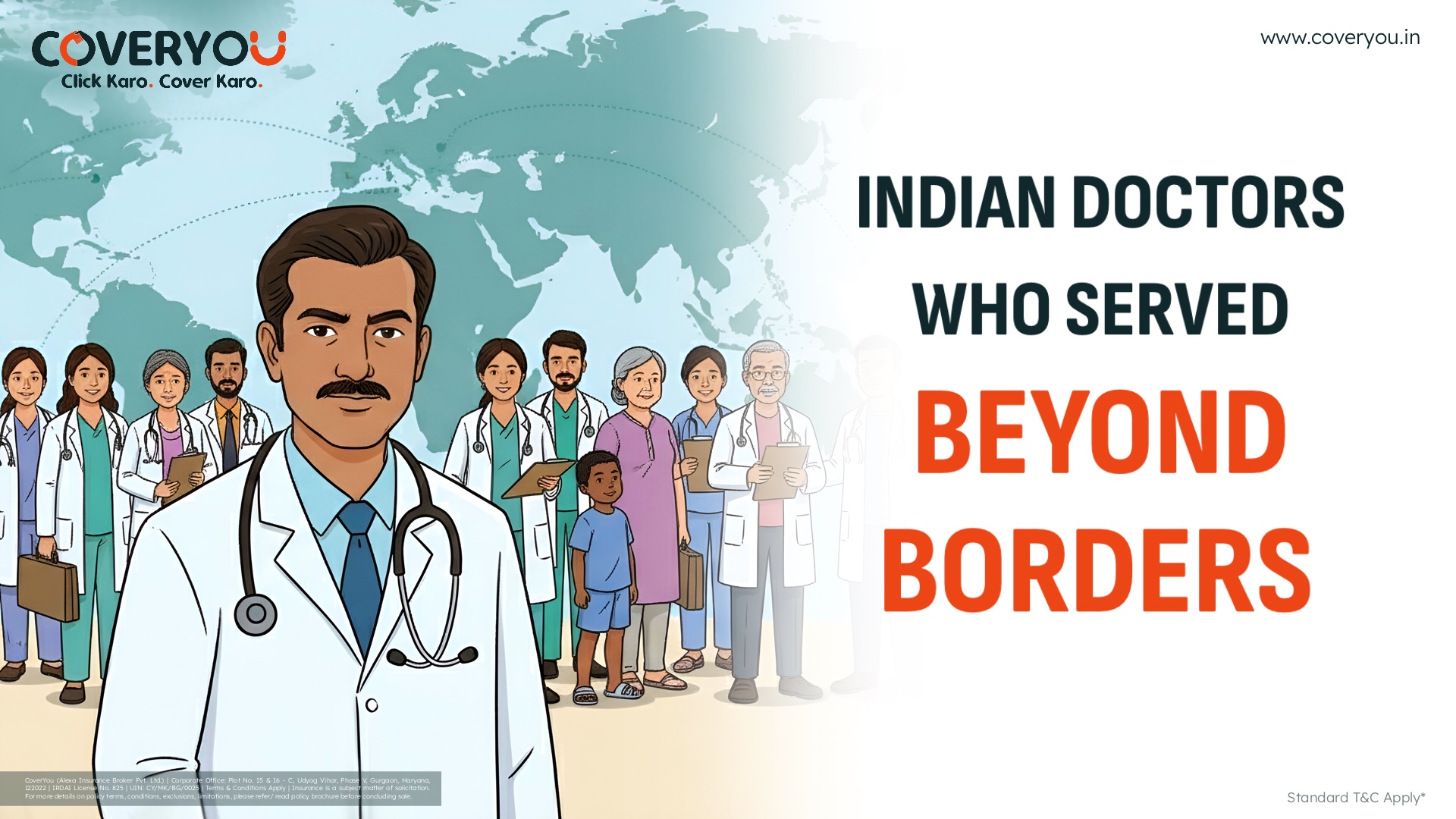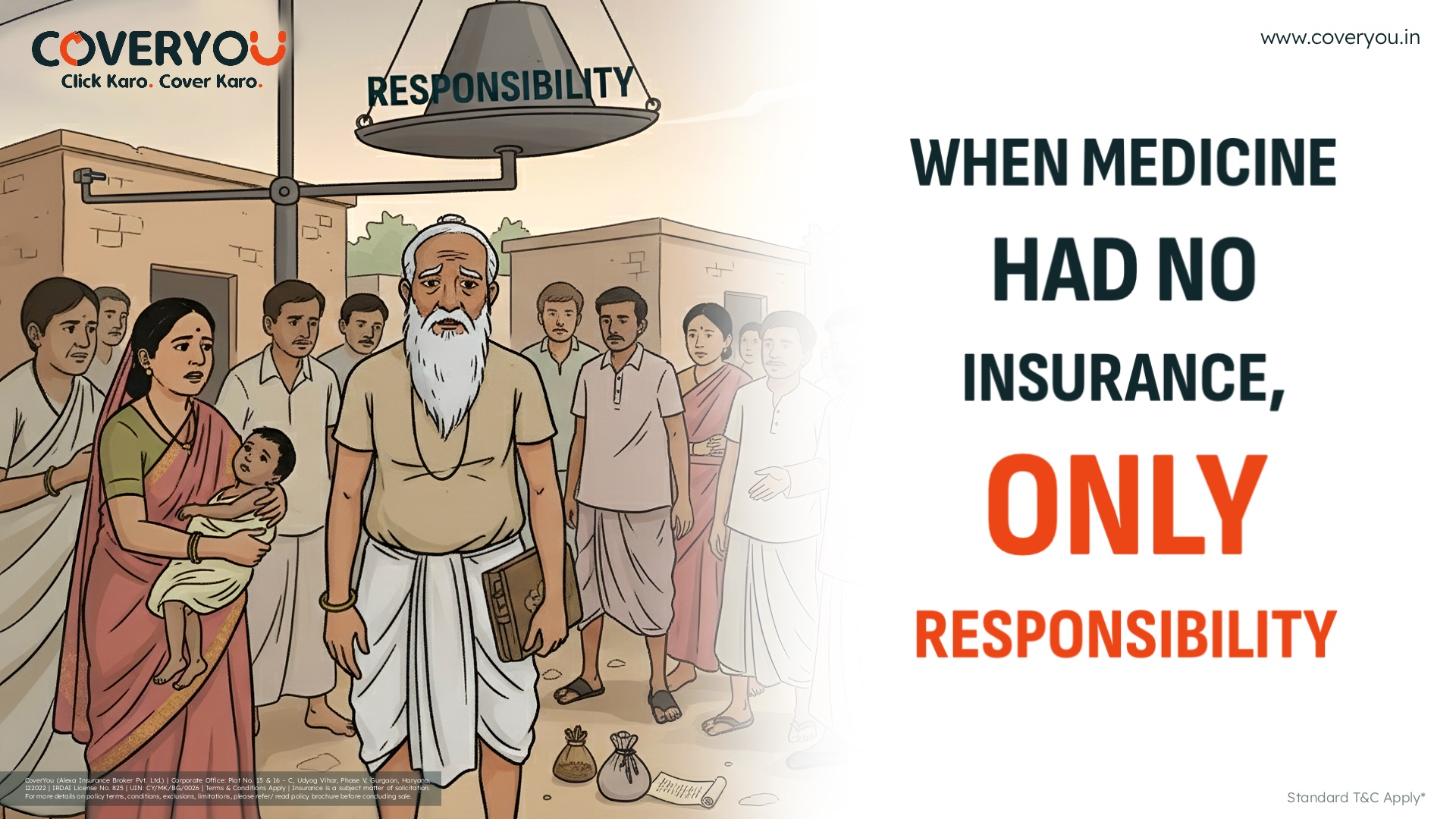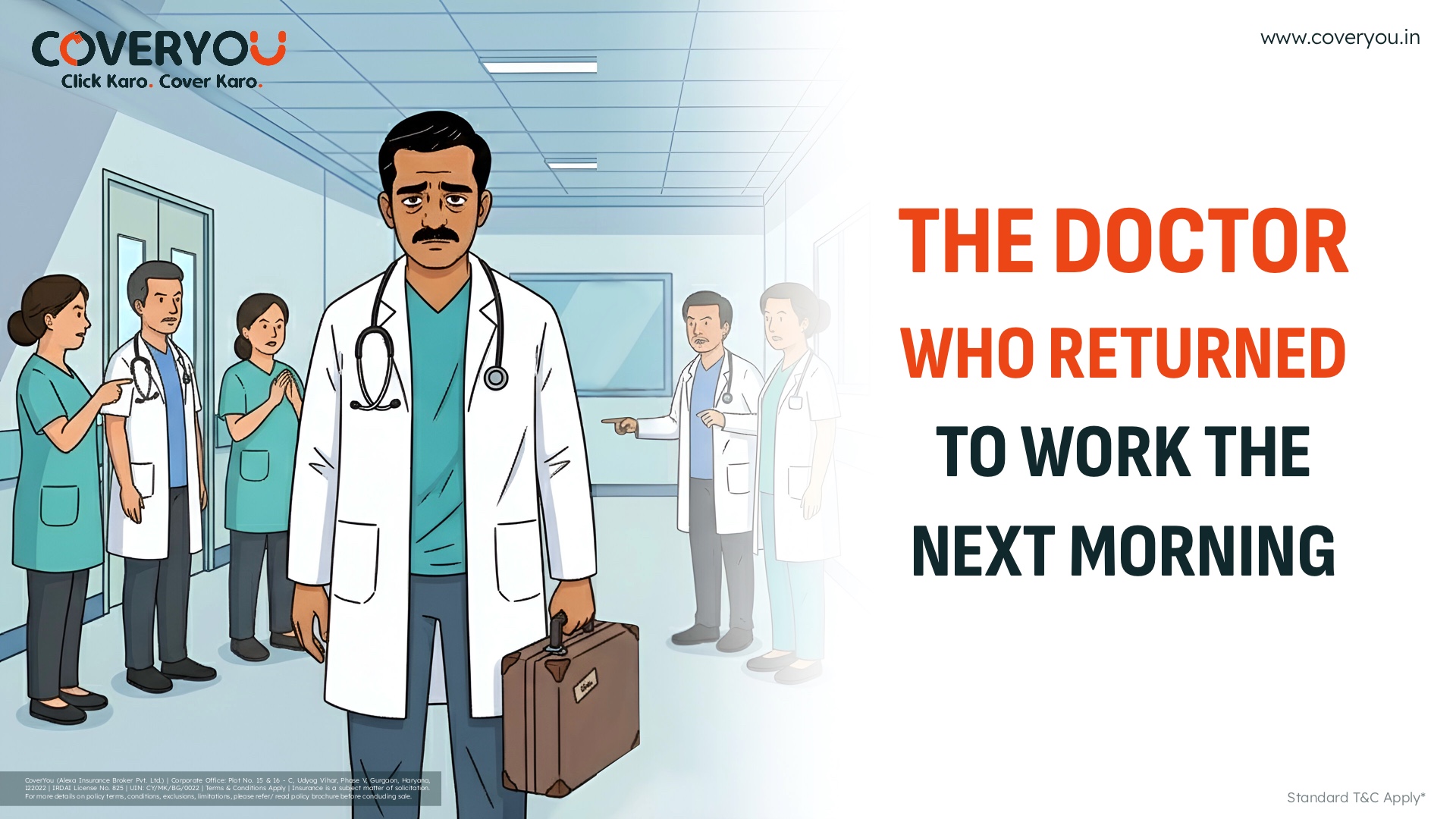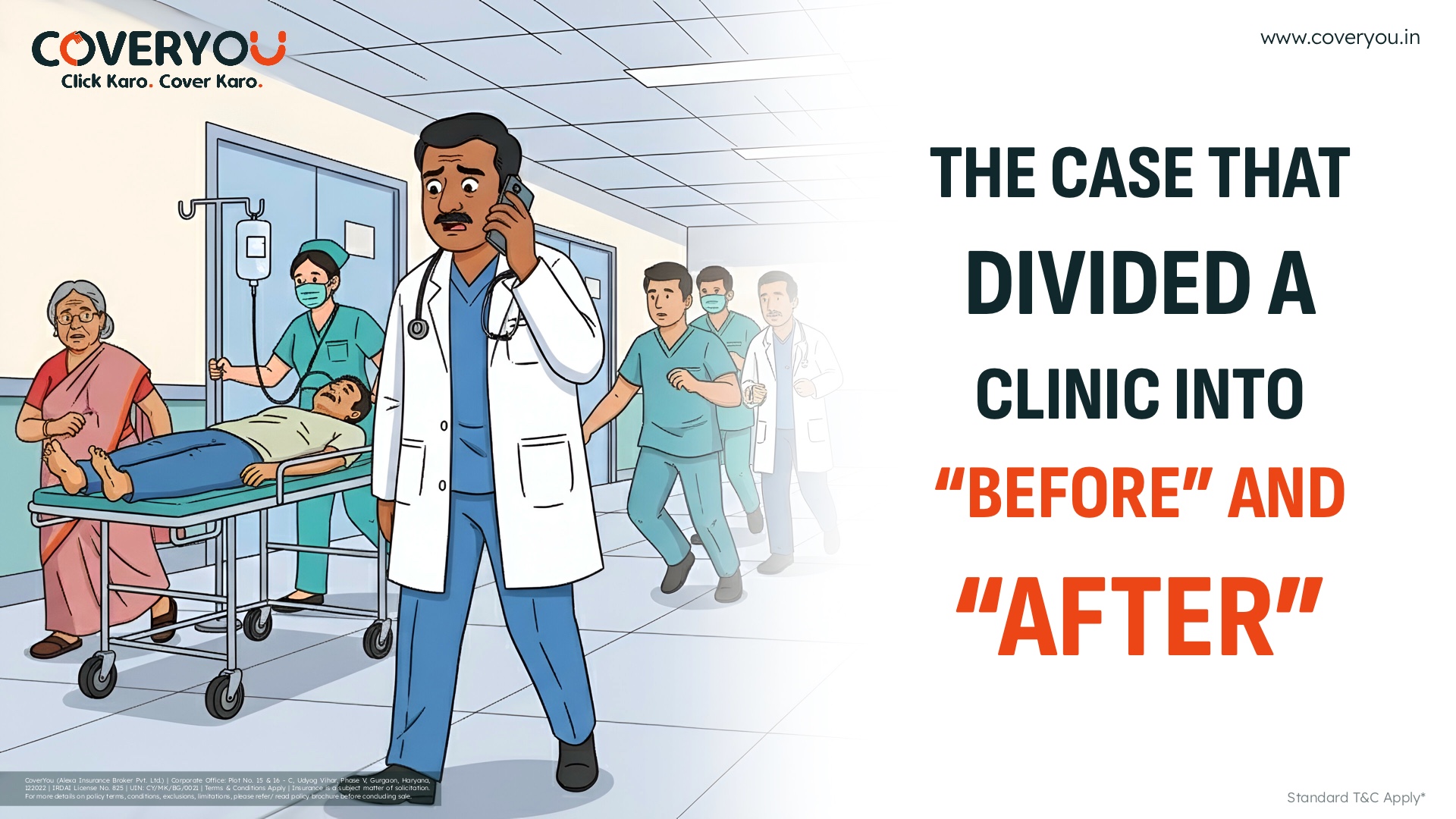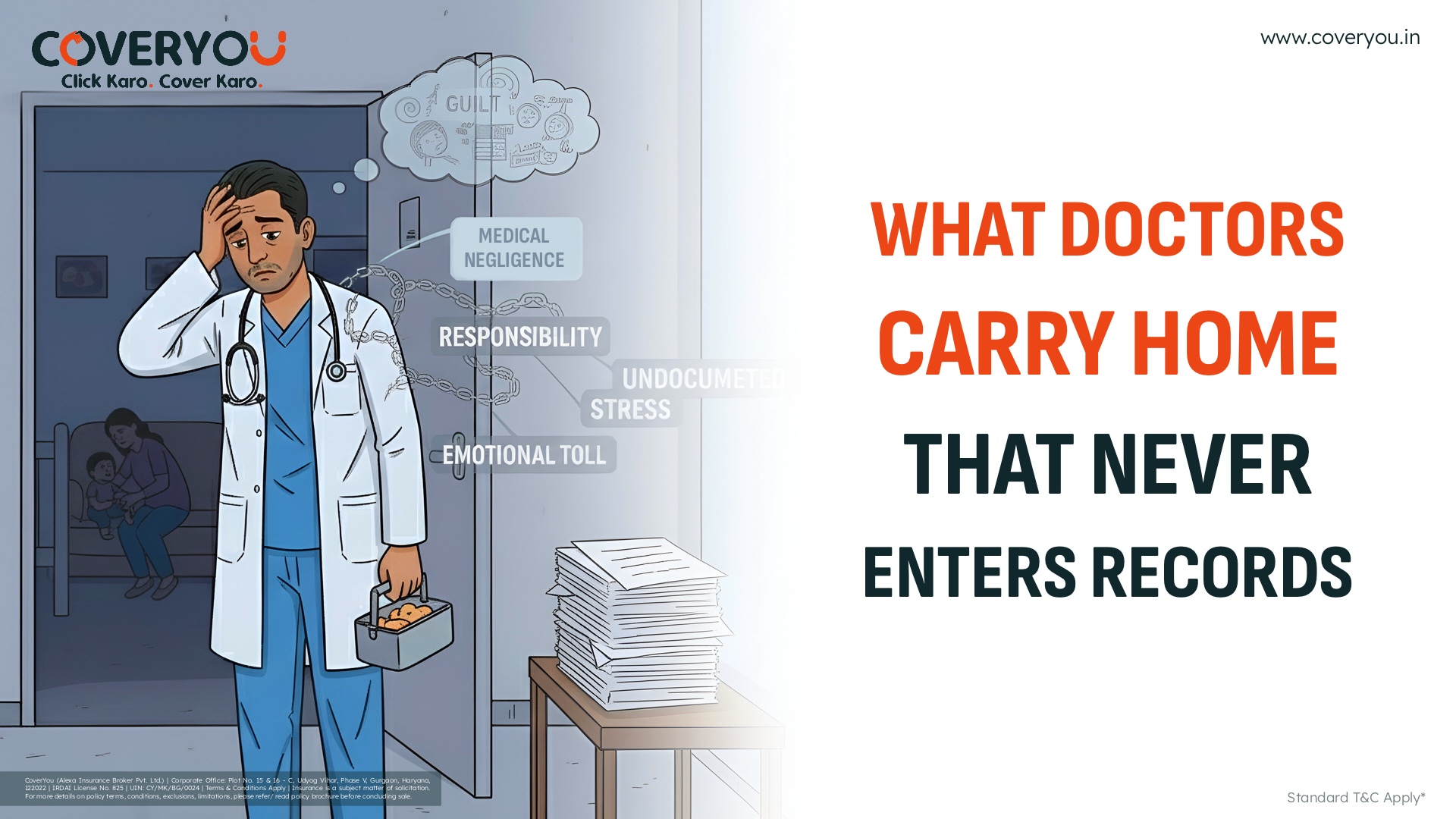Costlier drugs in cancer treatment are not a luxury, they’re often a lifeline. But in today’s volatile intersection of healthcare, politics, and public perception, choosing the best drug can put a doctor in the defendant’s chair.
Last month, in a case that sent ripples through India’s medical community, the Orissa High Court stepped in and said something every doctor silently prays for but rarely hears in court: “You are not a criminal for trying to save a life.” This is not just about one prescription. It’s about the freedom to heal without fear.
A Doctor’s Dilemma in the Age of Red Tape
When a senior professor of haematology at SCB Medical College prescribed costlier, branded medications for poor cancer patients under a state welfare scheme, he didn’t do it for profit. He did it because they worked. Because every minute counts in a war like cancer.
But what followed was a seven-year legal nightmare. Allegations of corruption. FIRs under IPC sections are meant for fraudsters, not doctors. And all because he chose Atgam over Thymogam, Hamsyl over a cheaper alternative. Let that sink in. A doctor treating leukemia was being accused of crime, not malpractice, but criminal conspiracy because he made a clinical choice that leaned on global standards, not lowest bidder logic.\
The High Court Judgment That Changed Everything
In a landmark ruling, Justice Aditya Kumar Mohapatra quashed all charges. His words should be framed in every hospital across the country:
- Merely because the doctor prescribed a costlier drug, which is of standard quality, it cannot be a ground to infer an offense… Prescription is the domain of the treating doctors.” This wasn’t just a legal win. It was a restoration of dignity to a profession that’s increasingly scrutinized by non-clinical forces. A reminder that doctors don’t take an oath to the cheapest drug; they take it for the patient’s life.
Behind the Cost: What Every Non-Doctor Needs to Know
There’s a painful misunderstanding at the heart of this case. People assume costlier drugs as corruption. But any oncologist will tell you: that equation is dangerously wrong.
In cancer treatment, drugs are not interchangeable tokens. Some brands have superior efficacy, better tolerance, fewer side effects, or a longer track record in certain genetic populations. And most of all, they offer something no spreadsheet can measure: “a chance”.
Doctors know this. Patients often feel it. Bureaucrats, rarely.
How This Judgment Protects Every Ethical Doctor. The Court made several things clear:
- There was no restriction in the OSTF scheme on prescribing costlier drugs.
- No patient or family had ever filed a complaint.
- The inquiry committee that raised objections included members outside the domain of haematology, some of whom lacked the credentials to evaluate the prescriptions in question.
Let’s pause on that. A national-level haematologist, with years of experience, was second-guessed by committees that didn’t have a single expert in his field. That’s not just an administrative failure, it’s a systemic disrespect to medical science. Now, with this ruling, we have a precedent: ethical doctors don’t need to live in fear of audits turning into which hunts.
Protecting Clinical Autonomy in Public Healthcare
This story isn’t unique. Across India, doctors working in government hospitals quietly ration care not because it’s medically sound, but because they’re afraid of audits. This creates two healthcare systems: one where private patients get the best, and one where the poor get what the state approves. That’s not equity. That’s quite an injustice.
If we truly want to empower public healthcare, then we must empower the judgment of the doctors within it. We must accept that sometimes, the right medicine costs more. But the cost of silencing a doctor’s clinical voice? That’s far higher.
Doctors Are Not Vendors. Prescriptions Are Not Transactions.
It’s time we shift the narrative. Doctors aren’t brand agents. They’re not machines printing generic prescriptions from state manuals. They’re scientists, humans, and above all, healthcare professionals.
This ruling doesn’t give a license to unethical ties with pharma. It draws a clear line: when the drug is standard, approved, and prescribed in the best interest of the patient, cost alone cannot trigger criminality. That’s not just the law. That’s justice.
Final Word to the Doctors Reading This
Keep choosing what’s right. The law, at least this time, has chosen to stand beside you. Prescribe the medicine your patient needs, not the one that protects your back from a complaint desk. This judgment is your protection. Use it. And never let fear override your oath. In any type of legal scenario CoverYou is with you, with all healthcare professionals and healthcare sectors across the country
